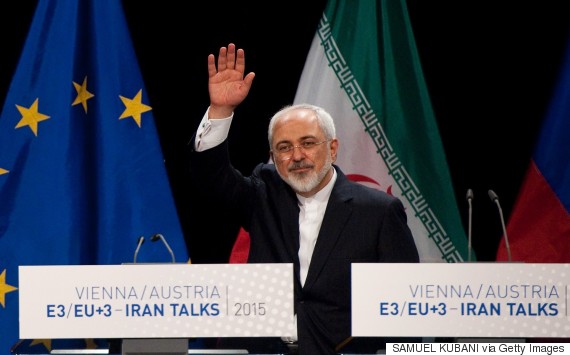Angelo Codevilla, who has some of the most interesting things to say about America has a new column out in Asia Times.
For more than a quarter century, as Americans have suffered trouble from the Muslim world’s Sunni and Shia components and as the perennial quarrel between them has intensified, the US government has taken the side of the Sunni. This has not worked out well for us. It is past time for our government to sort out our own business, and to mind it aggressively.
To understand why hopes for help from the Sunni side are forlorn, we must be clear that jihadism in general and Daesh in particular are logical outgrowths of Wahhabism, Saudi Arabia’s (and the Gulf monarchies’) official religion, about how they fit in the broader conflict between Sunni and Shia, as well as about how the US occupation of Iraq exposed America to the vagaries of intra-Muslim conflicts.
I have believed this for some time and am happy to see him agree with me. I spent an evening listening to him talk about our foreign policy and how the War on Terror became a war on Americans.
The U.S. government does not understand how to combat international terrorism or respond to its threats. In an exclusive interview with Ginni Thomas of The Daily Caller, Codevilla highlighted the failure of both administrations to understand the enemy, explaining that it makes national security decisions based on a flawed paradigm.
“After 9/11, the U.S. government instituted a system of homeland security based on the proposition that any American is as likely as anyone in the world to commit terrorist acts — and that therefore, all Americans must be screened and presumed to be terrorists until the screening clears them,” Codevilla said.
Certainly, the government has been engaged in a faux security system with the TSA that pretends it will stop an airline hijacking or bomb threat, while allowing 90% of false bombs and guns to escape surveillance.
“These people who attacked us had reasons, which are widely supported — in fact, vigorously promoted by the regimes from which they came,” Codevilla said. “The Saudi regime, which we count as an ally, does in fact harbor the most virulent strain of Islam, the Wahhabism. This movement inspired most of the hijackers in 9/11. The others, some of the leaders, were inspired by the Muslim Brotherhood of Egypt, which the Obama administration has been courting and favoring.”
Rather than confronting the movement of Islamic radicalization, Codevilla says that both Barack Obama and George W. Bush blamed acts of terrorism on the perpetrators themselves, instead of viewing them as the incarnations of a murderously ideological movement.
